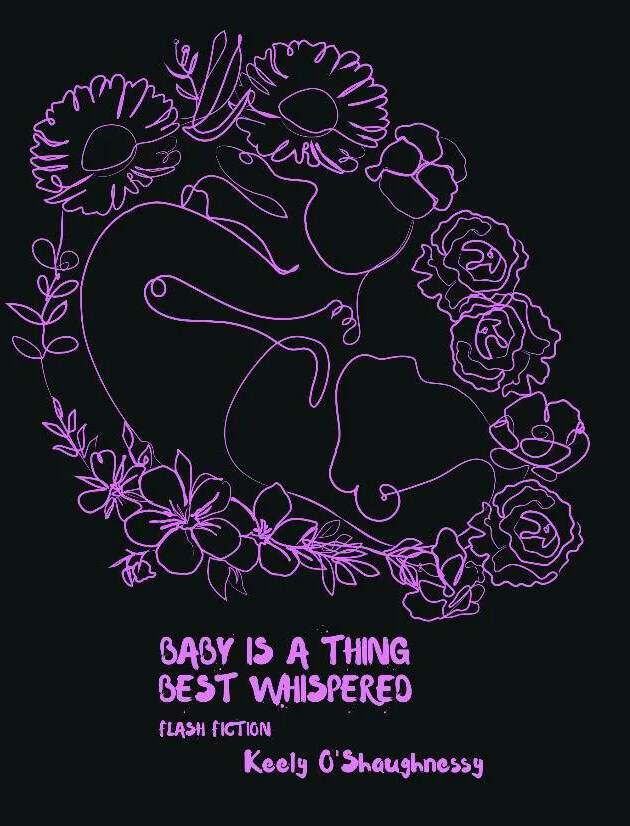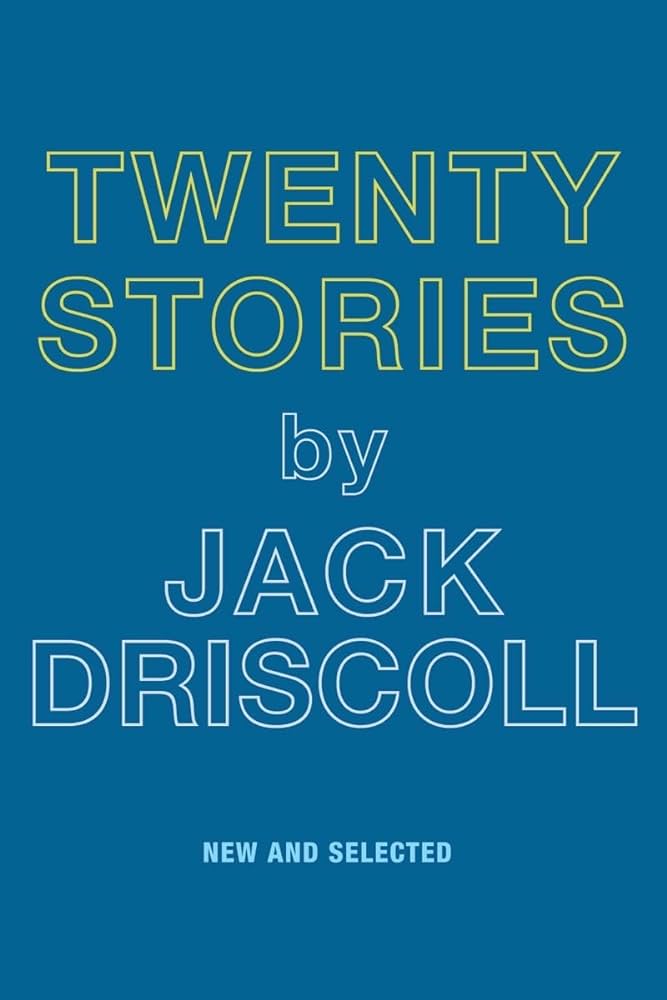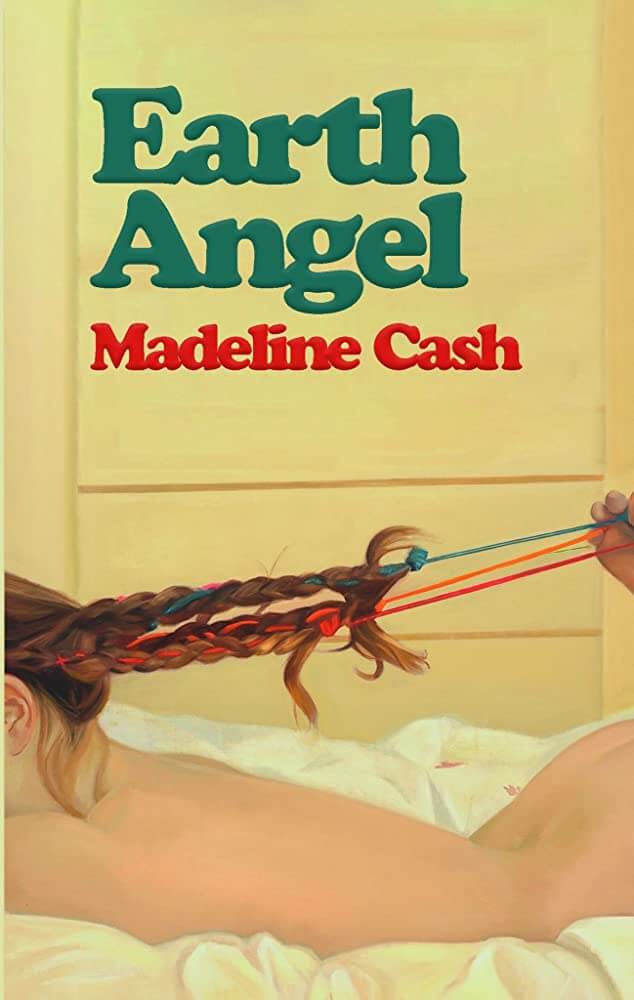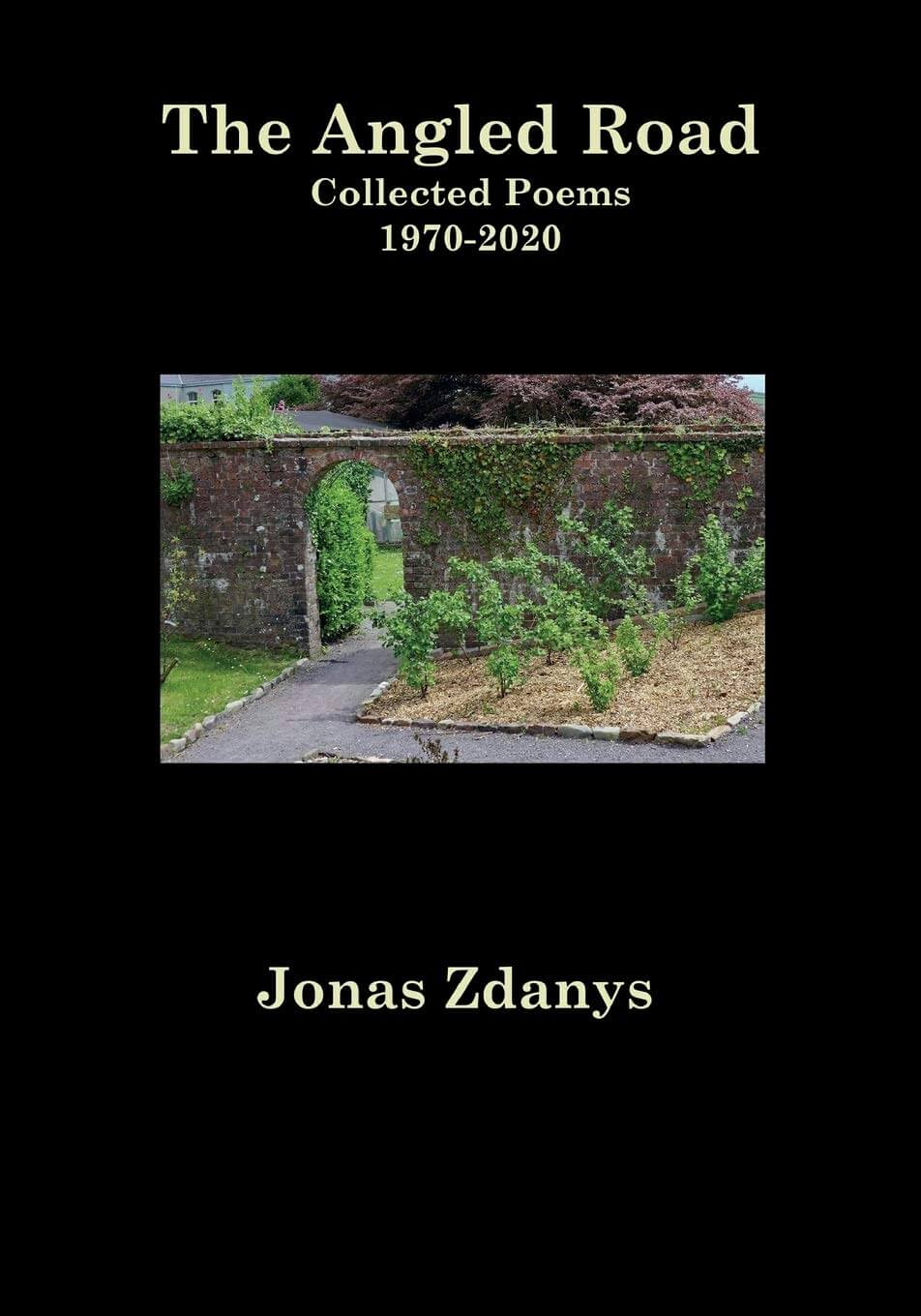
Review
Baby is a Thing Best Whispered
by Keely O’Shaughnessy
Alien Buddha Press
ISBN: 979-8834330554
Review by Keith J. Powell
Baby is a Thing Best Whispered, the debut collection of flash fiction from Keely O’Shaughnessy, is twenty-two concise tales of frayed familial bonds and bruised but resilient outsiders who really aren’t interested in your pity.
In the title story, a narrator with an unnamed disability navigates her wedding day while concealing her pregnancy from her guests, her husband, and even her mother—who views her daughter as a “consolation prize.”
In “How to Bake Cookies When Your Child is Dying,” the narrator walks the reader through a cookie recipe while comparing her own grieving process to her mother’s stoicism in the face of similar tragedies. In my personal favorite of the collection, the 100-word gem “Hidden in the Margins of a Gideon’s Bible,” a pair of young sisters spend a night in a motel room caring for their mother, who has suffered a vicious beating. These stories feel distinct yet familiar in the way the most satisfying collections do.
Unresolved violence and trauma, both physical and emotional, hang heavy over O’Shaughnessy’s characters. They share an “otherness.” In some stories, this otherness is tied to a physical disability. In others, it’s more of a vibe—as if they’re standing outside of a party looking in at the festivities. At one point, perhaps they wanted to go in and join the fun, but when these stories open and we meet them, those days are long behind them. O’Shaughnessy’s characters are comfortable being on the outside, even if they’re not entirely at peace with it.
It is this last element that helps make Baby is a Thing Best Whispered so captivating. We’re not seeing these characters make peace with who they are. They’ve already made peace and are waiting for the rest of the world to catch up. The tension comes when this confidence, this peace, encounters a world that still isn’t sure what to do with these outsiders and maybe never will be sure.
The confidence of O’Shaughnessy’s characters matches her confidence as a writer. There is a lyrical curtness to her prose. Observe the brutal economy in this passage from the title story:
“Disabled girls aren’t supposed to be married or be mothers. They’re meant to fade into dirt like leaf mulch. Yet here I am wearing an off-white dress and drinking fizzy grape juice from a champagne flute. The pearl of life in my belly only the size of a mustard seed.”
We see her strength again in another personal favorite from “The God, the Baby, and the Lichtenberg Figure.”
“The electricity once shared with her husband has long since faded, yet she aches. Unsure if it’s the coldness of their bed or her empty womb, she creeps outside. The thrum of the storm promises something new.”
Baby is a Thing Best Whispered lands like a lump in the throat. It’s full of heartache and epiphany and very much worth an invitation to your next party.
About the Author
Keith J. Powell writes fiction, CNF, reviews, and plays. He is the managing editor of Your Impossible Voice and occasionally tweets @KeithJ_Powell.



